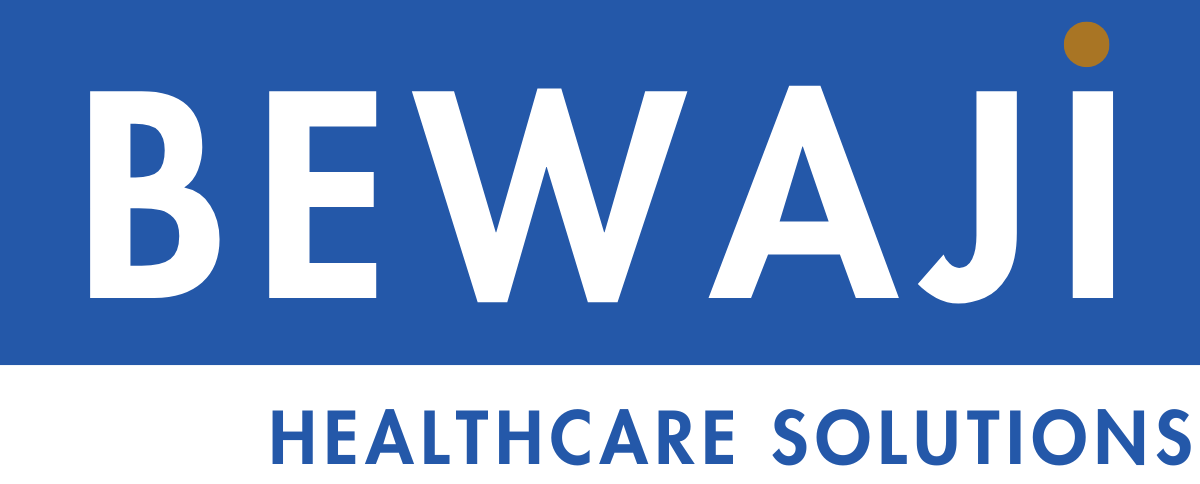Generative AI is a pivotal innovation in AI technological advancements, offering transformative prospects in various sectors. McKinsey AI research underscores the immense potential of generative AI, projecting a substantial economic impact by potentially adding up to $4.4 trillion to the global economy. This exploration delves into the nuances of strategic AI adoption, highlighting the balance between seizing opportunities and navigating the inherent AI integration challenges.
Generative AI Potential: A Catalyst for Business Transformation
Generative AI is changing the way businesses operate. Its ability to automate and innovate extends across industries, promising to reshape the landscape of business operations and strategy. The transformative prospects of generative AI in various sectors are vast, from streamlining processes to fostering new avenues for growth and innovation.
Integrating generative AI into healthcare, especially large language models (LLMs), signifies a paradigm shift. These models, adept at generating text-based responses, promise to enhance diagnostic accuracy, personalize patient care, and streamline administrative tasks.
However, this promise is tempered by the need for caution. AI’s propensity to invent references or disseminate misleading content underscores the imperative for rigorous validation and monitoring mechanisms, ensuring that the technology augments rather than undermines healthcare delivery.
McKinsey AI Research: Quantifying AI’s Economic Impact
Recent studies by McKinsey highlight the staggering economic potential of generative AI, emphasizing its role in enhancing the global economy with AI technological advancements. The research suggests that generative AI could amplify the effectiveness of AI solutions, boosting overall productivity and economic value globally.
Corporate AI Anxiety: Addressing the Challenges
Despite the excitement surrounding AI’s potential, there’s a palpable sense of corporate AI anxiety regarding the rapid adoption of generative AI. Organizations are keen to leverage AI’s benefits. Still, they are equally concerned about the challenges of AI integration, including ethical considerations, data privacy, and the unforeseen consequences of AI decisions.
Transparency and the mitigation of bias are foundational to the ethical deployment of AI in healthcare. The opacity of AI algorithms, coupled with the inherent bias in training data, poses significant challenges. Adherence to frameworks like FDA guidance is pivotal, enabling healthcare professionals to independently assess the basis of AI-generated recommendations. Such transparency fosters trust and ensures that AI tools are employed judiciously, enhancing rather than compromising patient care.
AI Risk Management: A Crucial Pillar in AI Strategy
AI risk management is a crucial component of strategic AI adoption. Companies must develop robust frameworks to mitigate the risks associated with generative AI adoption and ensure their AI initiatives align with ethical standards and regulatory requirements. This involves comprehensively understanding potential vulnerabilities and proactive measures to address them.
Therefore, ethical AI deployment in healthcare is about more than technical proficiency and demands a holistic approach that encompasses data privacy, transparency, and collaborative stakeholder engagement. Ethical AI fosters an ecosystem where technology complements human expertise, guided by the principles of beneficence, non-maleficence, and justice. Within this moral framework, AI can realize its potential as a force for good in healthcare.
Balancing Innovation and Responsibility in AI Integration
The integration of generative AI necessitates a delicate balance between innovation and responsibility. Responsible AI implementation is fundamental, requiring organizations to consider the broader implications of AI technologies. Balancing innovation and responsibility in AI integration involves harnessing AI’s capabilities for business growth and ensuring that AI applications are developed and deployed with a commitment to ethical principles and societal well-being.
Navigating the Complexities of Generative AI in the Corporate World
Navigating the complexities of generative AI in the corporate world requires a strategic approach. Organizations must embrace a culture of continuous learning and adaptation to keep pace with AI technological advancements. This includes staying abreast of emerging trends, understanding the evolving landscape of AI regulation, and fostering a workforce equipped with the necessary skills to thrive in an AI-enhanced future.
Mitigating Risks Associated with Generative AI Adoption
Mitigating risks associated with generative AI adoption is essential for any organization looking to capitalize on AI’s potential. This involves identifying potential risks early, implementing robust security measures, and fostering transparency and accountability in AI decision-making processes. By proactively addressing these challenges, companies can build trust and confidence in their AI initiatives, paving the way for successful AI integration.
Embracing the Future of AI with Strategic Foresight
The strategic adoption of generative AI presents an unprecedented opportunity for business transformation. By embracing the generative AI potential with strategic foresight, organizations can harness the power of AI to drive innovation, enhance operational efficiency, and create new value propositions. However, this journey requires a thoughtful approach, balancing the drive for innovation with a steadfast commitment to responsible AI implementation.
Strategic foresight enables healthcare entities to navigate the complexities of an evolving sector with agility and vision. This strategic foresight is instrumental in aligning technological advancements with long-term healthcare goals, ensuring that innovation serves the broader objectives of patient care and system efficiency.
The successful integration of AI in healthcare is contingent upon a collaborative approach. This involves a synergy between healthcare practitioners, technologists, policymakers, and patients, fostering a multidisciplinary dialogue addressing AI implementation’s multifaceted challenges. Through collaboration, stakeholders can collectively chart a course that leverages AI’s strengths while mitigating risks, ensuring the technology enhances rather than disrupts the healthcare ecosystem.
In conclusion, as we navigate this exciting yet complex terrain, the key to success lies in our ability to adapt, innovate, and, above all, ensure that our AI endeavors are aligned with the greater good, reinforcing the symbiotic relationship between technology and humanity in the pursuit of a prosperous and inclusive future.

